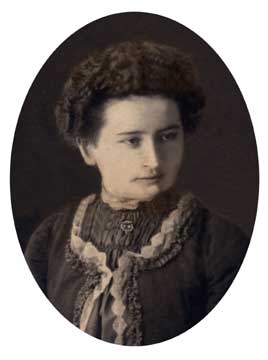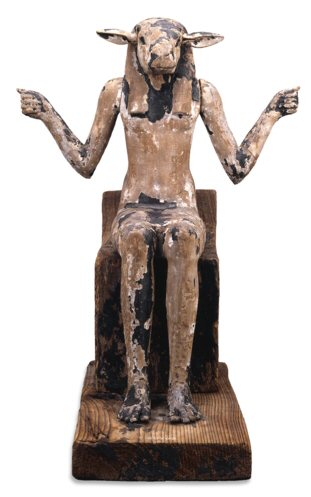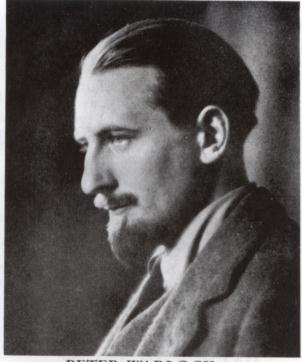Over at The Dabbler this week I round up some amusements of the learned, including Baruch Spinoza’s pastime of setting spiders to fight each other and then laughing immoderately at the result.
There is mention of James Boswell too, which inspired Jonathan Law in the comments to note this intriguing passage from The Life Of Samuel Johnson, LL.D. (1791):
It seems [Johnson] had been frequently observed at the Club to put into his pocket the Seville oranges, after he had squeezed the juice of them into the drink he made for himself. Beauclerk and Garrick talked of it to me, and seemed to think that he had a strange unwillingness to be discovered. We could not divine what he did with them; and this was the bold question to be put.
I saw on his table the spoils of the preceding night, some fresh peels nicely scraped and cut into pieces. “O, Sir, (said I) I now partly see what you do with the squeezed oranges which you put into your pocket at the Club.” JOHNSON: “I have a great love for them.” BOSWELL: “And pray, Sir, what do you do with them? You scrape them, it seems, very neatly, and what next?” JOHNSON: “I let them dry, Sir.” BOSWELL: “And what next?” JOHNSON: “Nay, Sir, you shall know their fate no further.” BOSWELL: “Then the world must be left in the dark. It must be said (assuming a mock solemnity) he scraped them, and let them dry, but what he did with them next, he never could be prevailed upon to tell.” JOHNSON: “Nay, Sir, you should say it more emphatically: – he could not be prevailed upon, even by his dearest friends, to tell.”
It seems to me that Sherlock Holmes, having cleared up that business about The Five Orange Pips, ought to have turned his attention to The Mysterious Case Of Dr Johnson And His Collection Of Orange Peel.
Tag : Fruit in literature.





